Home>Gardening & Outdoor>Outdoor Recreation & Activities>How To Take Care Of My Swimming Pool
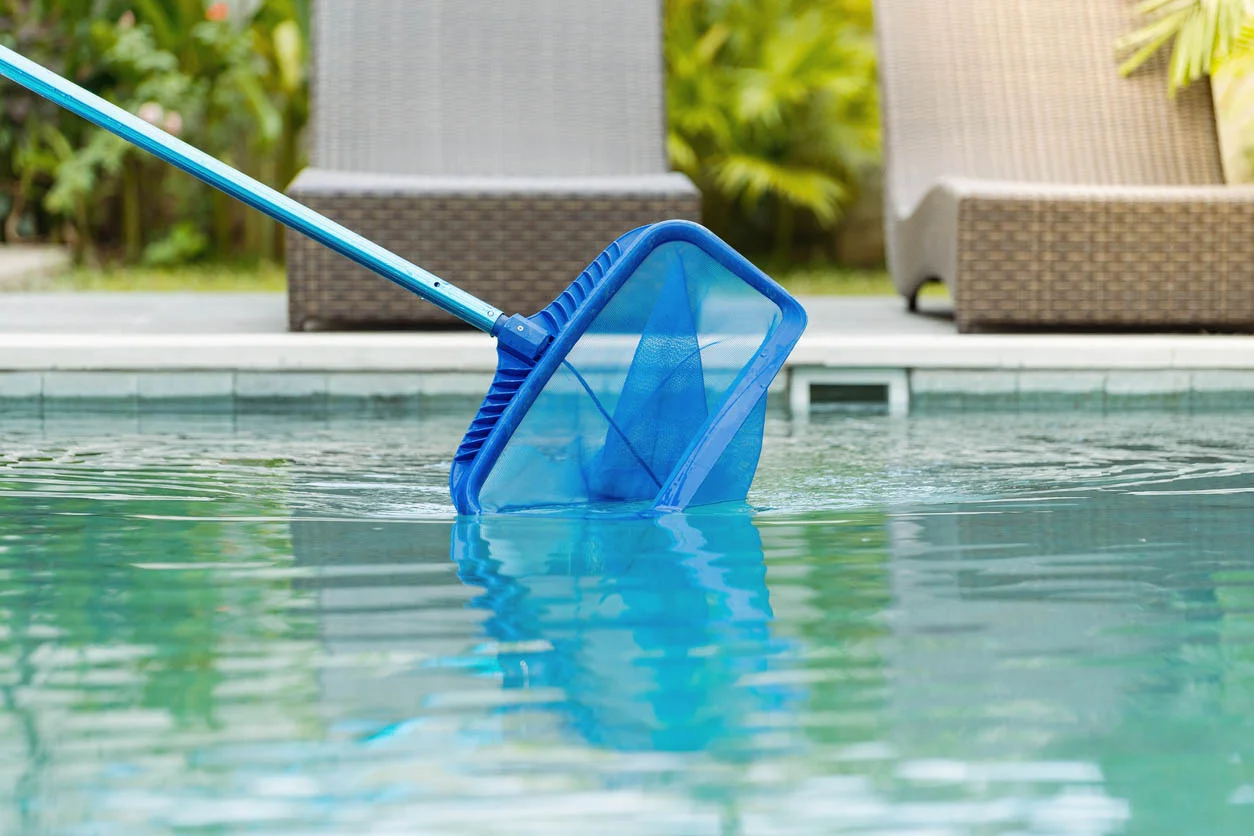

Outdoor Recreation & Activities
How To Take Care Of My Swimming Pool
Published: February 18, 2024
Learn essential tips for maintaining your swimming pool and ensuring it stays clean and safe for outdoor recreation and activities. Discover expert advice on pool care now!
(Many of the links in this article redirect to a specific reviewed product. Your purchase of these products through affiliate links helps to generate commission for Storables.com, at no extra cost. Learn more)
Introduction
Maintaining a swimming pool is a rewarding yet essential responsibility for pool owners. Whether you have an above-ground pool for family fun or an in-ground oasis for relaxation, proper care is crucial for ensuring a safe and enjoyable swimming experience. From routine cleaning to monitoring water chemistry, every aspect of pool maintenance contributes to its longevity and the well-being of those who use it.
In this comprehensive guide, we will delve into the fundamental aspects of swimming pool care, providing valuable insights and practical tips to help you keep your pool in pristine condition throughout the year. From regular cleaning and maintenance to water chemistry and filtration system upkeep, we will cover all the essential elements of pool care, empowering you to become a proficient pool caretaker.
By understanding the intricacies of pool maintenance, you can create a clean, inviting environment for swimmers while safeguarding the structural integrity of your pool. Additionally, proper maintenance can contribute to cost savings by preventing the need for extensive repairs or replacements down the line.
Whether you are a new pool owner seeking guidance or a seasoned enthusiast looking to refine your maintenance routine, this guide is designed to equip you with the knowledge and strategies necessary to uphold the beauty and functionality of your swimming pool. Let's embark on this journey to discover the best practices for maintaining a sparkling, well-balanced pool that provides endless enjoyment for you, your family, and your guests.
Key Takeaways:
- Keep your swimming pool clean and safe by skimming, scrubbing, and vacuuming regularly. Proper maintenance and water chemistry management ensure a pristine and inviting environment for endless enjoyment.
- Protect your pool’s health and longevity by maintaining the filtration system, using a high-quality pool cover, and winterizing effectively. These steps ensure a safe, sustainable, and enjoyable swimming experience year-round.
Read more: How To Build My Own Swimming Pool
Regular Cleaning and Maintenance
Regular cleaning and maintenance are the cornerstone of effective pool care, ensuring that your pool remains a pristine and inviting space for leisure and recreation. By incorporating a consistent cleaning regimen into your routine, you can prevent the buildup of debris, algae, and other contaminants that compromise water quality and aesthetics.
Skimming and Scrubbing:
Frequent skimming of the pool surface is essential for removing leaves, insects, and other floating debris. This simple yet effective practice helps maintain water clarity and prevents clogging of the filtration system. Additionally, regular scrubbing of the pool walls and floor with a brush can eliminate algae and other stubborn residues, preserving the pool's cleanliness and visual appeal.
Vacuuming:
Utilizing a pool vacuum on a weekly basis is crucial for removing dirt and debris that settle on the pool floor. This process not only enhances water clarity but also minimizes the risk of stains and discoloration caused by prolonged debris accumulation.
Emptying the Skimmer Basket and Pump Strainer:
Frequently emptying the skimmer basket and pump strainer prevents blockages and ensures optimal water circulation. By maintaining unobstructed water flow, you can enhance the efficiency of the filtration system and promote balanced water chemistry.
Maintaining Water Level:
Regularly monitoring and maintaining the appropriate water level in the pool is vital for optimal skimmer and pump performance. Adequate water levels enable these components to function efficiently, facilitating the removal of surface debris and the circulation of water through the filtration system.
Professional Maintenance:
In addition to regular upkeep, scheduling periodic professional maintenance, such as professional cleaning, equipment inspections, and chemical balancing, is essential for addressing potential issues and ensuring the long-term health of your pool.
By prioritizing regular cleaning and maintenance, you can uphold the cleanliness, safety, and visual appeal of your pool, creating an inviting environment for relaxation and recreation. Incorporating these practices into your pool care routine will not only enhance the overall swimming experience but also contribute to the longevity of your pool and its components.
Water Chemistry and Balance
Maintaining proper water chemistry and balance is paramount for preserving the clarity, safety, and comfort of your swimming pool. By understanding and managing key chemical parameters, you can create an environment that is conducive to swimming while safeguarding the structural integrity of the pool and its equipment.
Testing and Monitoring
Regular testing of the pool water is essential for evaluating its chemical composition and identifying any imbalances that may compromise water quality. Utilizing a reliable water testing kit, you can assess crucial parameters such as pH levels, alkalinity, and chlorine concentration. These tests provide valuable insights into the overall condition of the water, enabling you to make informed adjustments to restore balance.
pH Levels
Maintaining the appropriate pH level, typically between 7.2 and 7.8, is crucial for ensuring water comfort and preventing corrosion or scale formation. A balanced pH level also optimizes the effectiveness of chlorine, thereby enhancing its ability to sanitize the water and combat bacteria and algae growth.
Alkalinity
Total alkalinity serves as a buffer for pH levels, helping to stabilize them and prevent rapid fluctuations. Ideally, the alkalinity should be maintained within the range of 80 to 120 parts per million (ppm), as this promotes stability and minimizes the likelihood of pH fluctuations that can lead to water imbalances.
Chlorine Concentration
Chlorine plays a pivotal role in disinfecting the pool water, effectively eliminating harmful microorganisms and maintaining a sanitary swimming environment. Monitoring and adjusting the chlorine concentration within the recommended range of 1.0 to 3.0 ppm is essential for preventing the proliferation of bacteria and algae while ensuring water clarity.
Calcium Hardness
Calcium hardness refers to the concentration of dissolved calcium in the water, which impacts the water's ability to prevent corrosion and scale formation. Maintaining calcium hardness within the range of 200 to 400 ppm helps protect the pool surfaces and equipment, preserving their longevity and structural integrity.
Balancing Chemicals
Upon conducting water tests and assessing the chemical parameters, it is imperative to make precise adjustments to achieve optimal balance. Utilizing appropriate chemical products, such as pH increasers or decreasers, alkalinity enhancers, and calcium hardness stabilizers, allows you to fine-tune the water chemistry and maintain equilibrium.
By diligently monitoring and managing the water chemistry of your pool, you can create a safe, comfortable, and visually appealing swimming environment. Consistent attention to these essential chemical aspects not only enhances the overall pool experience but also contributes to the longevity of the pool and its components, ensuring years of enjoyment for you and your family.
Read more: How To Cover A Swimming Pool
Filtration System Maintenance
Proper maintenance of the filtration system is integral to the overall health and functionality of your swimming pool. The filtration system plays a pivotal role in removing impurities and debris from the water, ensuring clarity and sanitation. By implementing a structured maintenance regimen for the filtration system, you can optimize its performance and prolong its lifespan, thereby contributing to the overall well-being of your pool.
Regular Inspection and Cleaning
Regular inspection of the filtration system components, including the filter, pump, and skimmer, is essential for identifying any signs of wear, damage, or blockages. Begin by visually examining the system for any visible debris, cracks, or leaks. Additionally, inspect the filter media, whether it be sand, cartridge, or diatomaceous earth (DE), to assess its condition and effectiveness.
Cleaning the filter on a routine basis is crucial for maintaining its efficiency. For sand filters, backwashing to remove trapped debris and contaminants is a fundamental practice. Cartridge filters should be periodically removed and cleaned to eliminate accumulated debris, while DE filters require regular backwashing and replenishment of the DE powder for optimal performance.
Pump Maintenance
The pump serves as the heart of the filtration system, facilitating the circulation of water through the filter for purification. Regularly inspecting the pump for any signs of malfunction, such as unusual noises or reduced water flow, is imperative. Additionally, lubricating the pump's O-rings and gaskets can prevent leaks and ensure smooth operation.
Professional Servicing
Periodically scheduling professional servicing of the filtration system, including comprehensive inspections and maintenance by qualified technicians, is highly recommended. Professional servicing can address intricate issues, such as internal pump or filter component maintenance, ensuring the system operates at peak efficiency.
Read more: How To Empty A Swimming Pool
Upkeep of Skimmer and Return Lines
The skimmer and return lines play a crucial role in directing water to and from the filtration system. Regularly inspecting and cleaning these components, as well as ensuring proper sealing and functionality, is essential for unimpeded water circulation and efficient filtration.
Monitoring Pressure Gauges
Monitoring the pressure gauges on the filtration system provides valuable insights into its operational efficiency. Sudden increases in pressure may indicate a clogged filter, while consistently low pressure could signal a problem with the pump or water flow. Regularly monitoring and responding to pressure fluctuations is vital for maintaining optimal filtration performance.
By prioritizing the maintenance of your pool's filtration system, you can uphold water clarity, sanitation, and overall pool health. Implementing a proactive approach to filtration system maintenance not only enhances the swimming experience but also contributes to the longevity and reliability of your pool's essential components.
Pool Cover and Enclosure
Pool covers and enclosures are valuable assets that offer numerous benefits, ranging from safety and cleanliness to energy efficiency and environmental protection. By investing in a high-quality pool cover and enclosure, you can enhance the overall functionality and sustainability of your pool while minimizing maintenance requirements and operational costs.
Safety and Security
A robust pool cover serves as a crucial safety feature, especially for households with children or pets. By securely covering the pool when it is not in use, you can prevent accidental falls and unauthorized access, mitigating the risk of potential accidents and enhancing overall safety. Additionally, a well-designed pool enclosure provides an added layer of security, offering peace of mind and safeguarding against unforeseen incidents.
Read more: How To Design A Swimming Pool
Debris Prevention and Maintenance
Utilizing a durable pool cover effectively shields the water from external debris, such as leaves, twigs, and airborne pollutants. This proactive measure minimizes the accumulation of debris in the pool, reducing the frequency of cleaning and maintenance tasks. By keeping the water free from contaminants, a pool cover contributes to water clarity and quality, creating a more inviting and visually appealing swimming environment.
Energy Efficiency and Temperature Regulation
Pool covers play a pivotal role in conserving energy and regulating water temperature. By reducing evaporation, a cover helps retain heat within the pool, thereby lowering heating costs and conserving energy. Additionally, a cover minimizes heat loss during cooler periods, extending the swimming season and optimizing the overall energy efficiency of the pool.
Environmental Conservation
Investing in a pool cover aligns with sustainable practices by minimizing water consumption and chemical usage. By preventing evaporation, a cover reduces the need for frequent refilling, conserving water resources and promoting environmental responsibility. Furthermore, by preserving water quality and reducing the reliance on chemical treatments, a pool cover contributes to eco-friendly pool maintenance.
Aesthetic Enhancement
In addition to its functional benefits, a well-designed pool cover can enhance the aesthetic appeal of the pool area. With various options available, including retractable covers and stylish enclosures, you can select a design that complements your outdoor space, creating a harmonious and visually appealing pool environment.
By integrating a reliable pool cover and enclosure into your pool maintenance strategy, you can elevate safety, cleanliness, and sustainability while optimizing the overall pool experience. These essential components not only contribute to a safer and more efficient pool environment but also reflect a commitment to responsible pool ownership and environmental stewardship.
Read more: How Long Is A Swimming Pool
Winterizing Your Pool
Winterizing your pool is a crucial process that prepares it for the colder months, safeguarding its components and preserving water quality during periods of inactivity. By following a comprehensive winterization protocol, you can mitigate potential damage caused by freezing temperatures and ensure that your pool emerges from the winter season in optimal condition.
Cleaning and Maintenance
Before initiating the winterization process, it is essential to conduct a thorough cleaning of the pool. This includes removing debris, brushing the pool surfaces, and vacuuming to eliminate any lingering contaminants. Ensuring that the pool is impeccably clean before winterization minimizes the risk of algae growth and staining during the dormant period.
Water Chemistry Adjustment
Balancing the water chemistry is a critical step in preparing the pool for winter. Testing and adjusting the pH, alkalinity, and chlorine levels to fall within the recommended ranges is essential for preserving water quality and preventing the proliferation of bacteria and algae. Additionally, adding a winterizing chemical treatment can help maintain water clarity and prevent microbial growth during the colder months.
Lowering Water Level
Gradually lowering the water level in the pool is necessary to accommodate potential expansion caused by freezing temperatures. Reducing the water level below the skimmer opening helps prevent damage to the skimmer and associated plumbing due to ice formation. It is important to follow manufacturer guidelines and local regulations when determining the appropriate water level for winterization.
Read more: How To Paint A Swimming Pool
Draining and Protecting Equipment
Draining the pool's filtration system, including the pump, filter, and heater, is essential to prevent damage from freezing water. Additionally, removing and storing any removable components, such as ladders, diving boards, and pool accessories, safeguards them from potential weather-related harm. Properly storing these items in a dry, protected environment prolongs their lifespan and ensures they are ready for use when the pool reopens.
Covering the Pool
Investing in a durable and secure pool cover is vital for shielding the water from debris and minimizing evaporation during the winter months. A well-fitted cover not only preserves water quality but also prevents the accumulation of leaves, twigs, and other debris, reducing the post-winter cleanup effort. Additionally, a cover acts as a safety barrier, preventing accidental access to the pool during its dormant phase.
Professional Assistance
Seeking professional guidance or assistance from pool maintenance experts can provide valuable insights and ensure that all aspects of winterization are executed effectively. Professional service may include conducting a final inspection, addressing any potential issues, and offering tailored recommendations to optimize the winterization process.
By meticulously winterizing your pool, you can protect its structural integrity, preserve water quality, and streamline the reopening process when the warmer seasons return. Implementing a thorough winterization strategy is a proactive measure that contributes to the longevity and resilience of your pool, ensuring that it remains a source of enjoyment and relaxation for years to come.
Conclusion
In conclusion, maintaining a swimming pool involves a multifaceted approach that encompasses regular cleaning and maintenance, diligent water chemistry management, meticulous filtration system upkeep, the strategic use of pool covers and enclosures, and comprehensive winterization practices. By integrating these essential elements into your pool care routine, you can create a safe, inviting, and sustainable swimming environment that promotes relaxation, recreation, and well-being.
The commitment to regular cleaning and maintenance is foundational to preserving the cleanliness and visual appeal of the pool. Skimming, scrubbing, vacuuming, and diligent upkeep of the filtration system contribute to water clarity and prevent the accumulation of debris, ensuring a pristine swimming experience for all.
Managing water chemistry and balance is paramount for sustaining water quality and comfort. By testing and adjusting pH levels, alkalinity, chlorine concentration, and calcium hardness, pool owners can create a balanced and sanitary swimming environment that safeguards the pool's structural integrity and the well-being of its users.
The maintenance of the filtration system is integral to the overall health and functionality of the pool. Regular inspection, cleaning, and professional servicing of the filter, pump, and associated components optimize filtration performance, contributing to water clarity and the longevity of the system.
Investing in a high-quality pool cover and enclosure offers a myriad of benefits, including safety, cleanliness, energy efficiency, environmental conservation, and aesthetic enhancement. These components not only enhance the overall functionality of the pool but also reflect a commitment to responsible pool ownership and environmental stewardship.
Lastly, the meticulous winterization of the pool is essential for protecting its components and water quality during the colder months. By following a comprehensive winterization protocol, pool owners can mitigate potential damage caused by freezing temperatures and ensure that the pool emerges from the winter season in optimal condition.
In essence, by embracing the comprehensive strategies outlined in this guide, pool owners can cultivate a sustainable and enjoyable pool environment that promotes relaxation, recreation, and well-being. Through a proactive and attentive approach to pool maintenance, individuals can derive lasting enjoyment from their pools while safeguarding their long-term investment.
Frequently Asked Questions about How To Take Care Of My Swimming Pool
Was this page helpful?
At Storables.com, we guarantee accurate and reliable information. Our content, validated by Expert Board Contributors, is crafted following stringent Editorial Policies. We're committed to providing you with well-researched, expert-backed insights for all your informational needs.
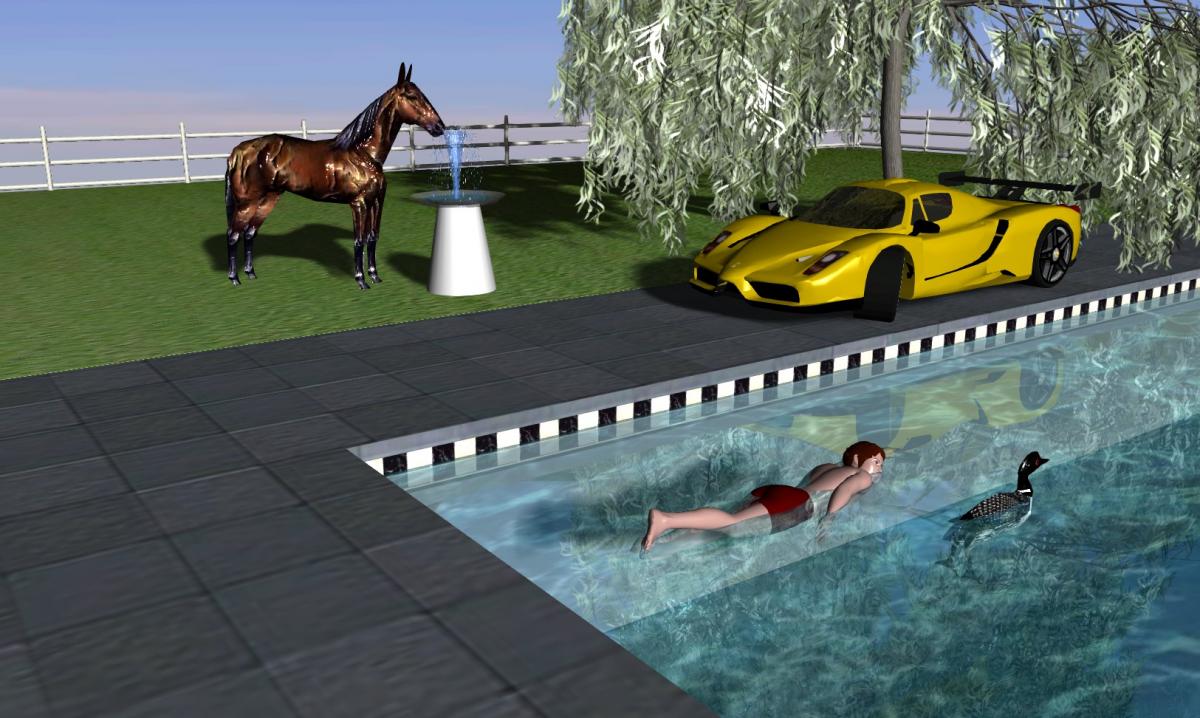
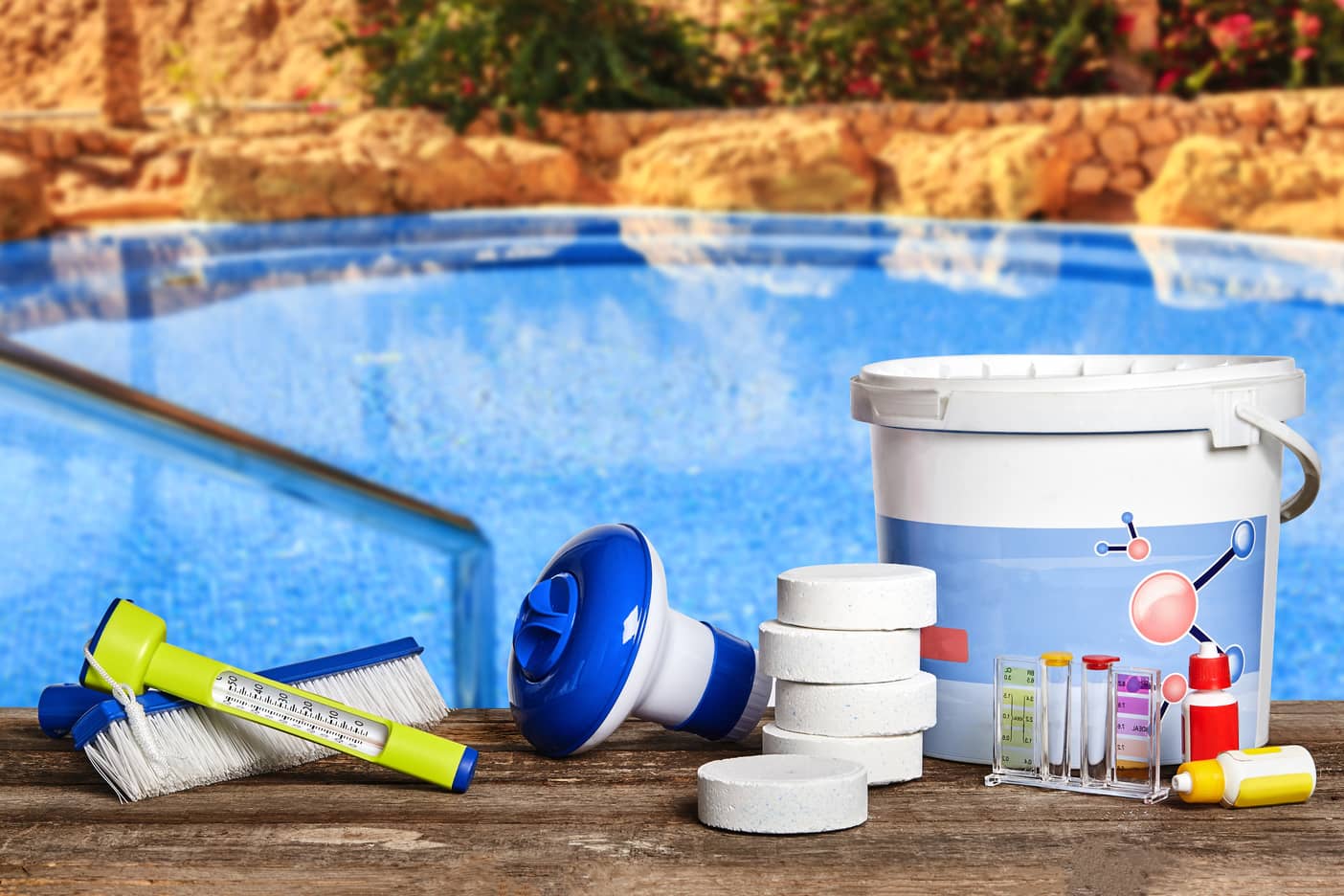
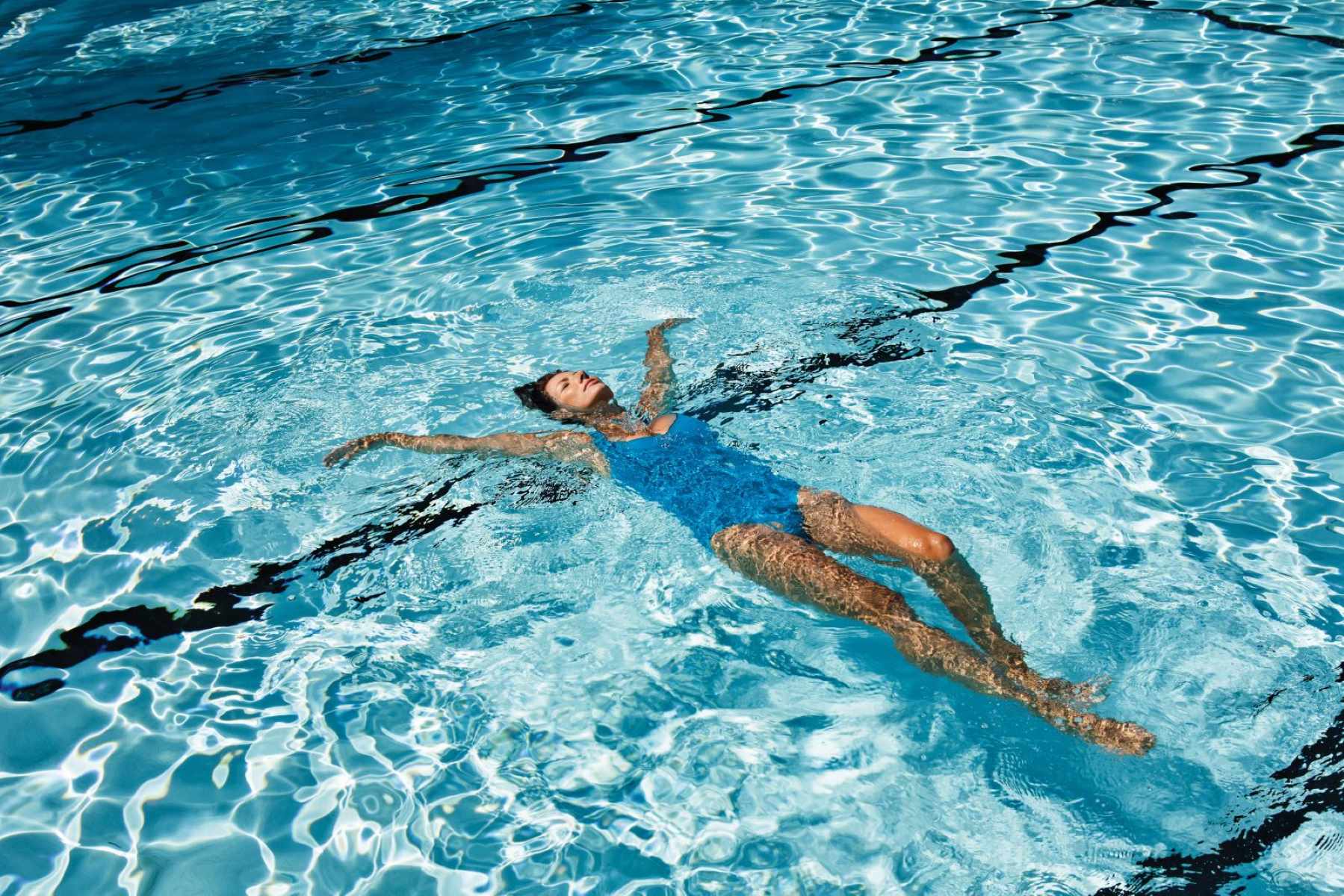
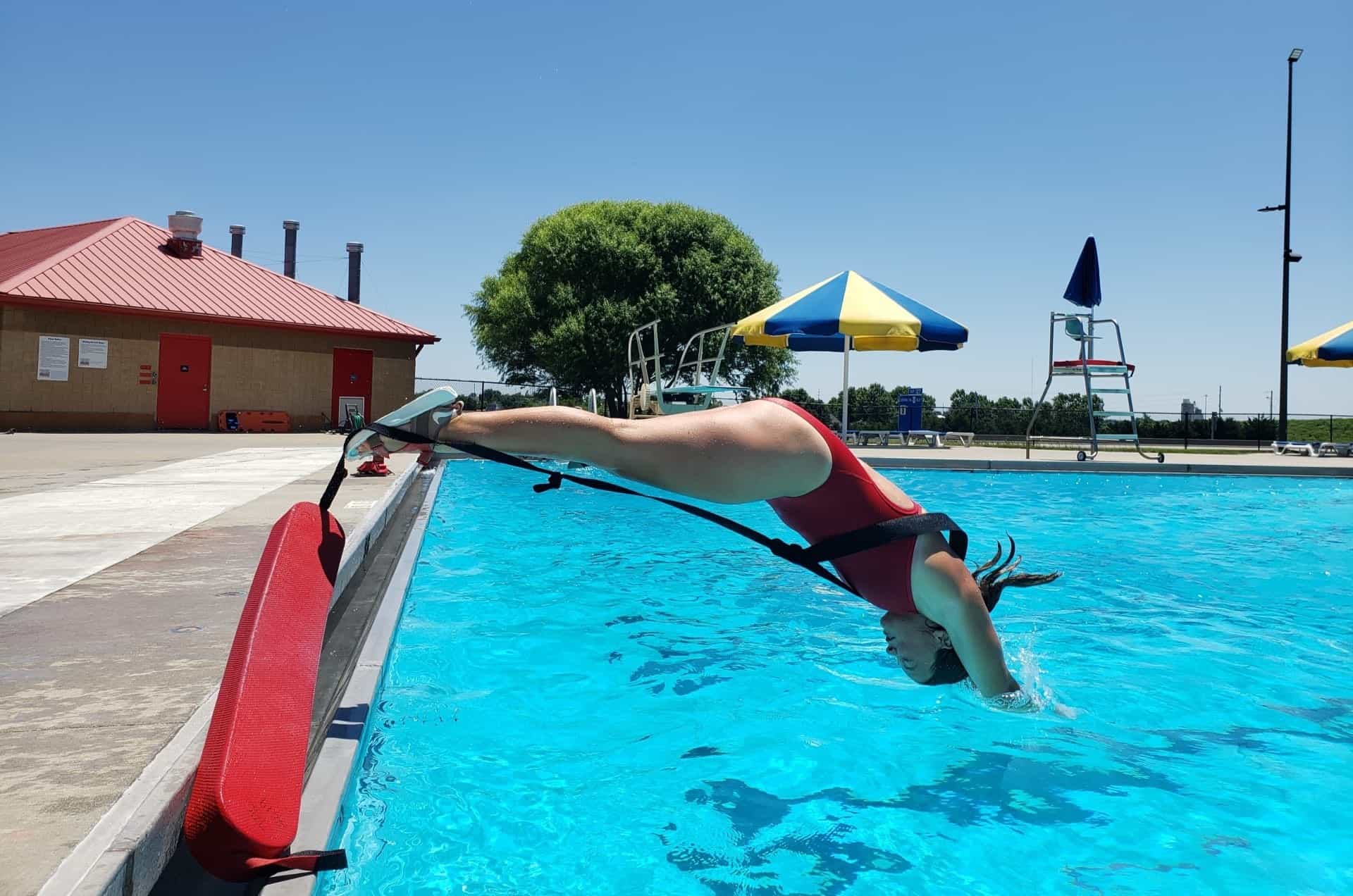
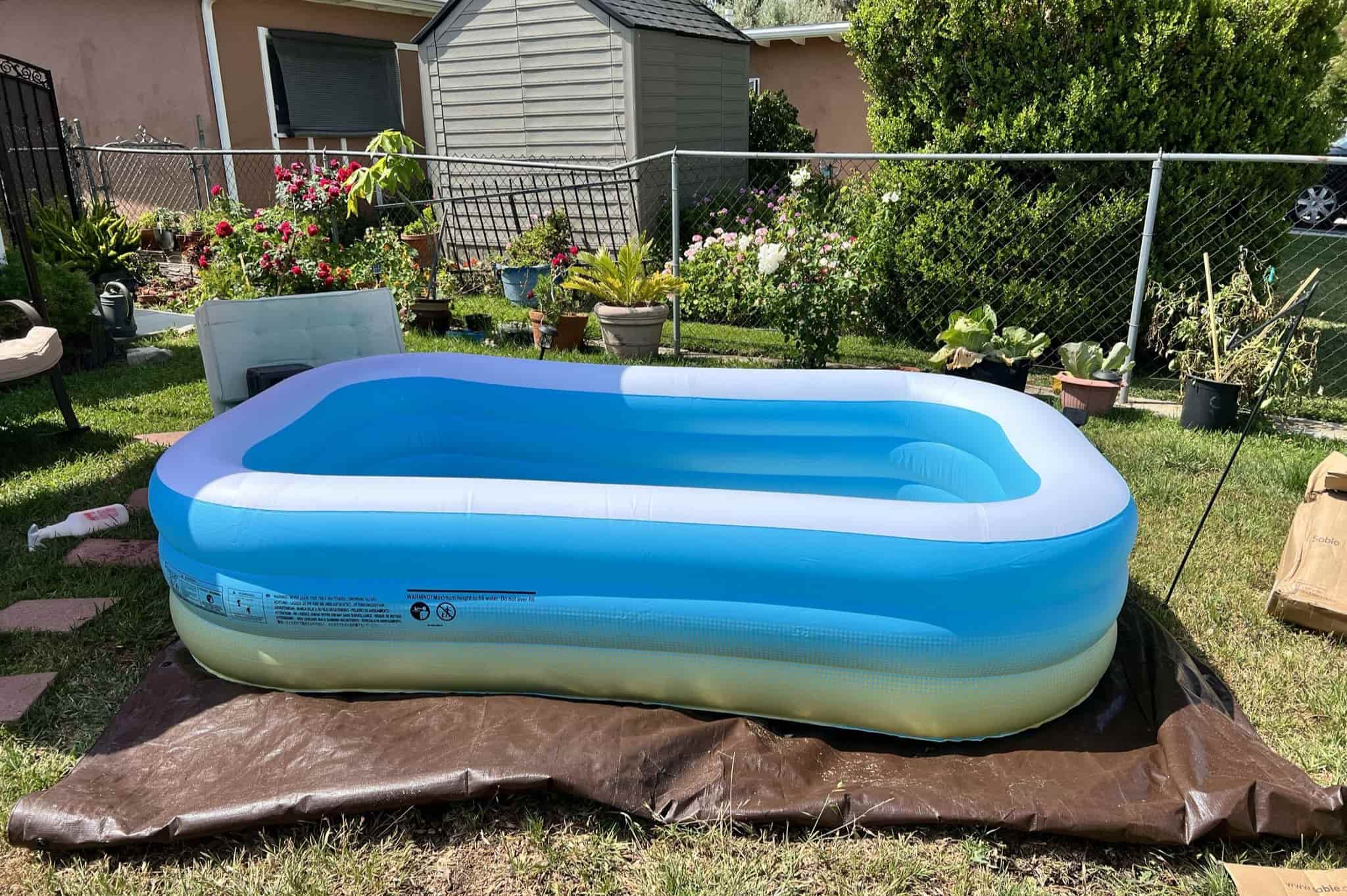
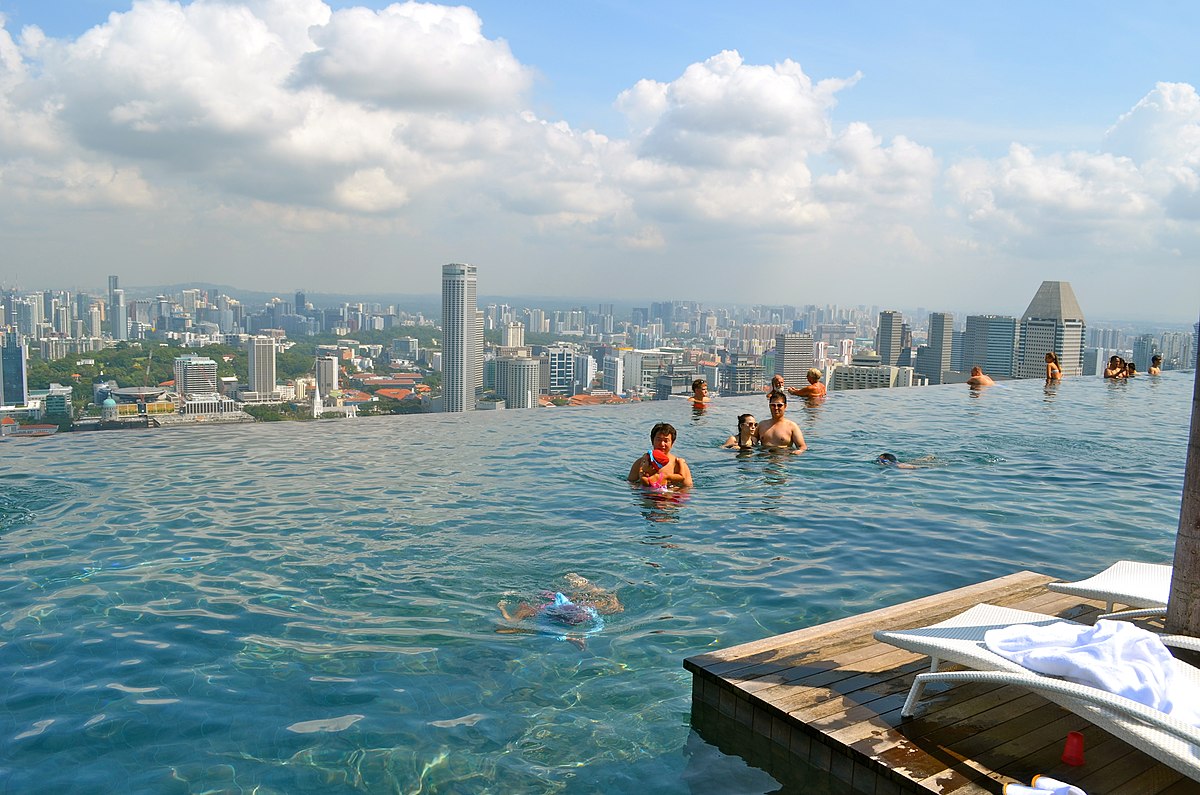
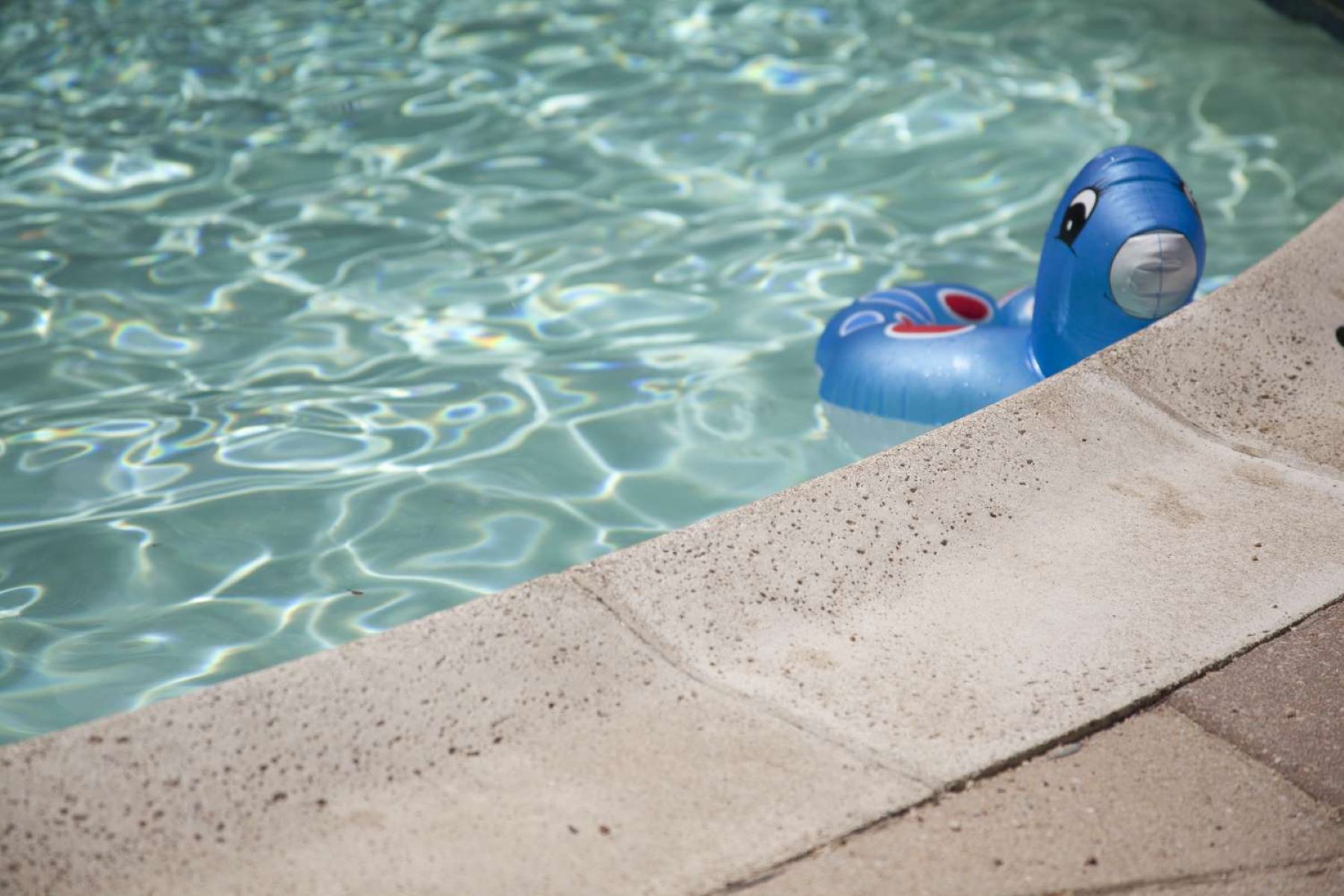
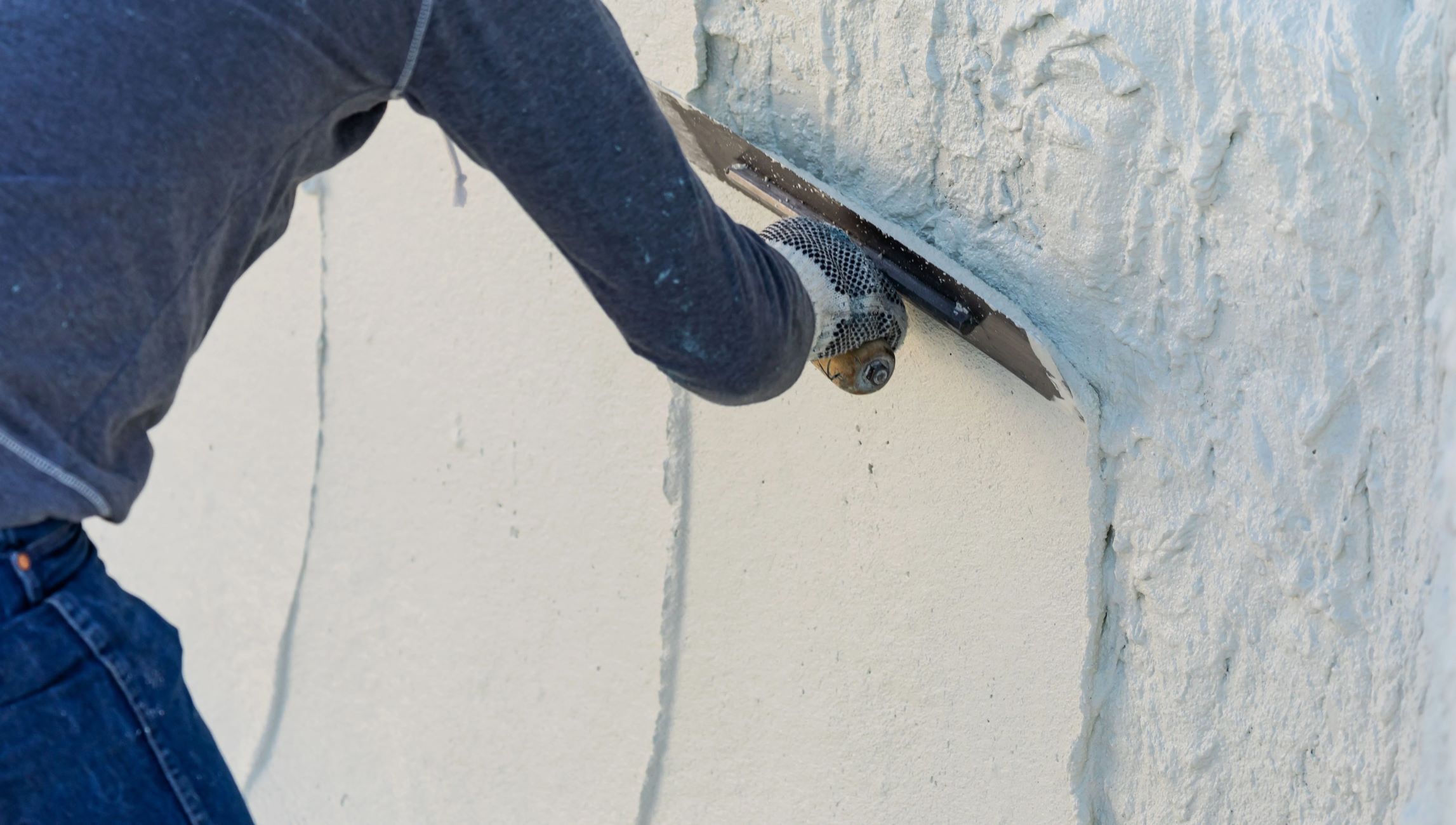


0 thoughts on “How To Take Care Of My Swimming Pool”